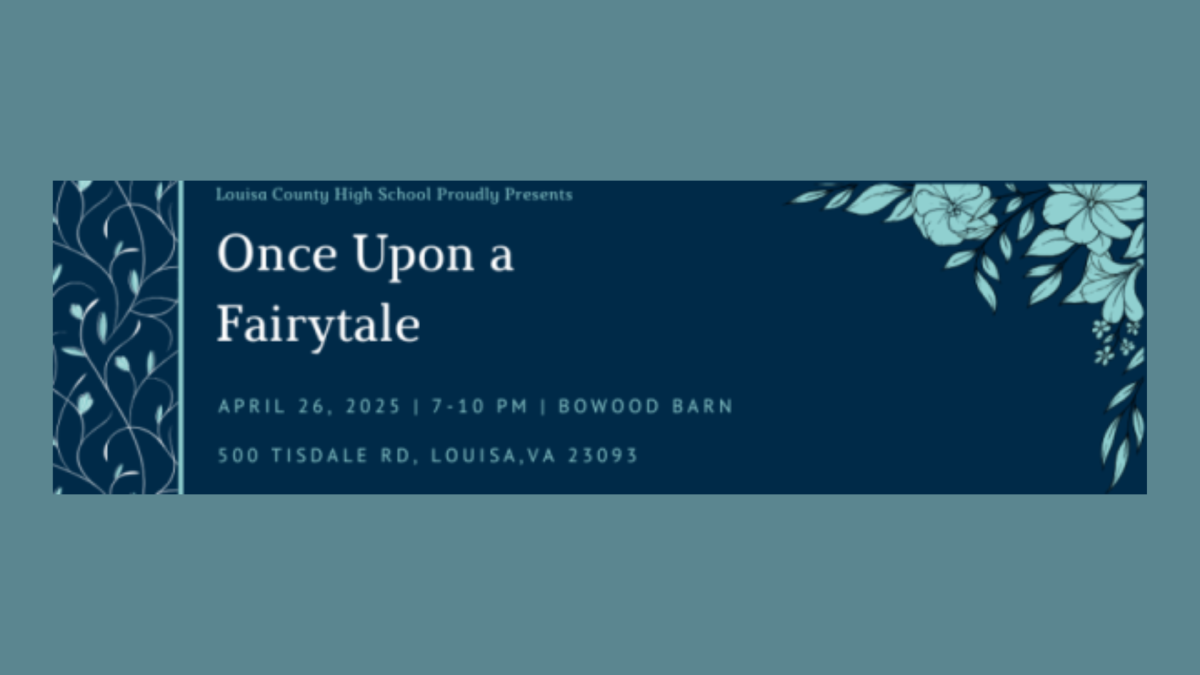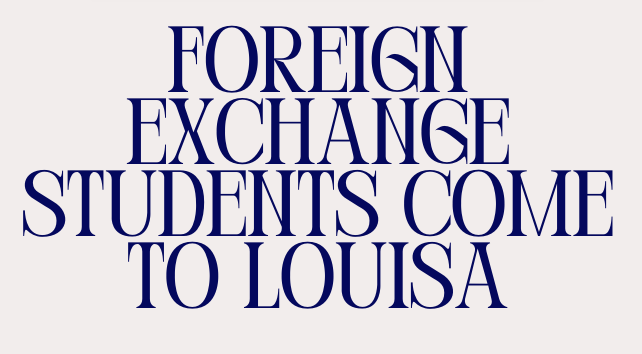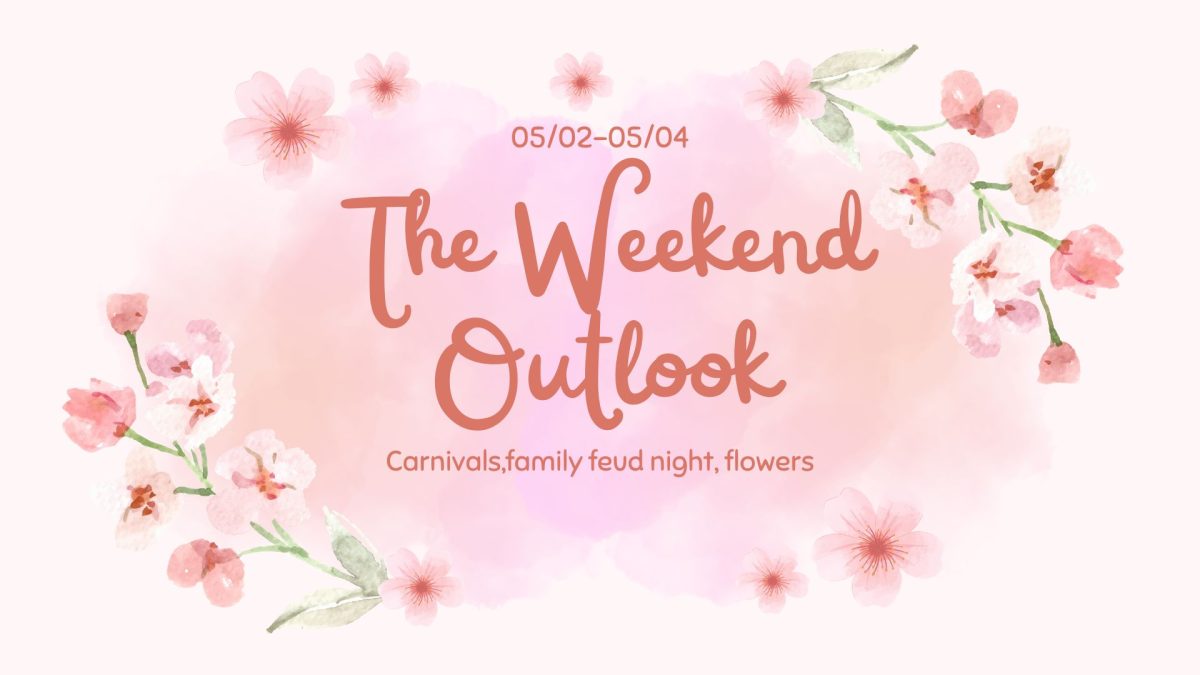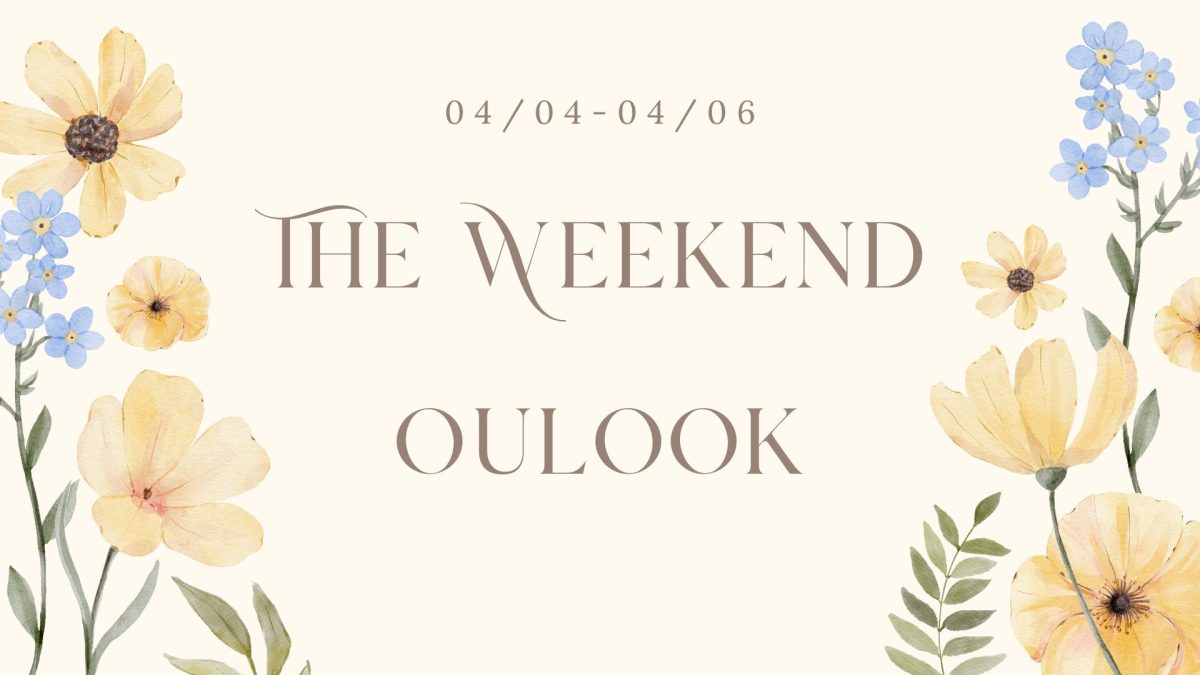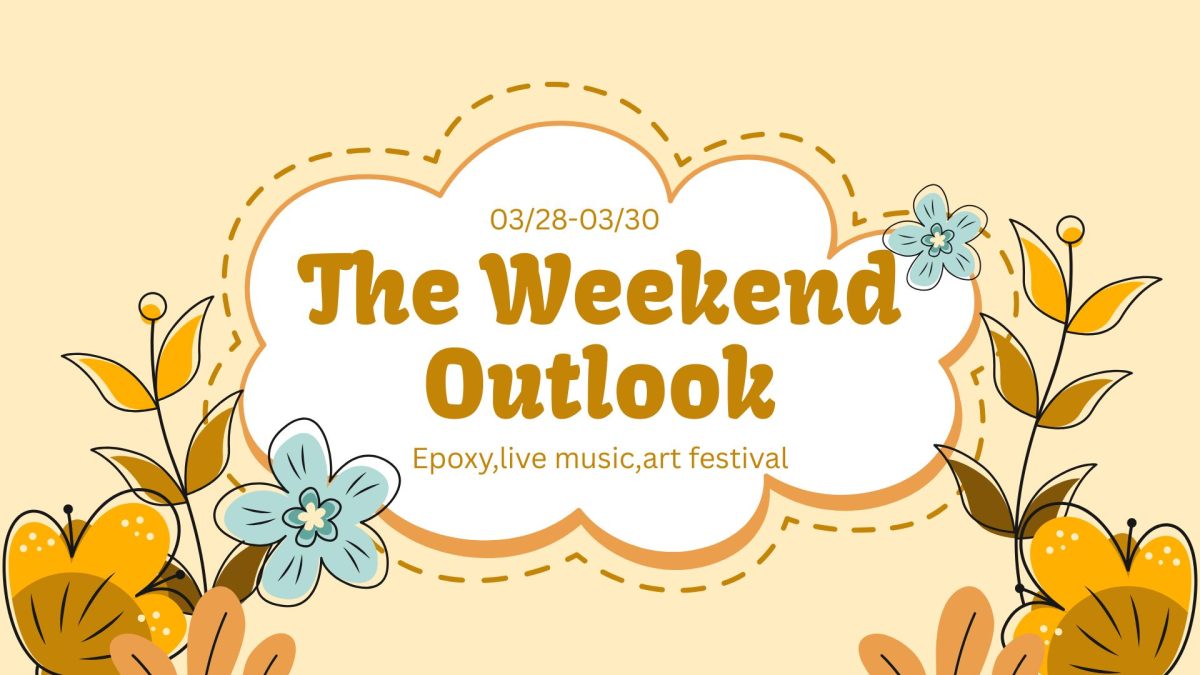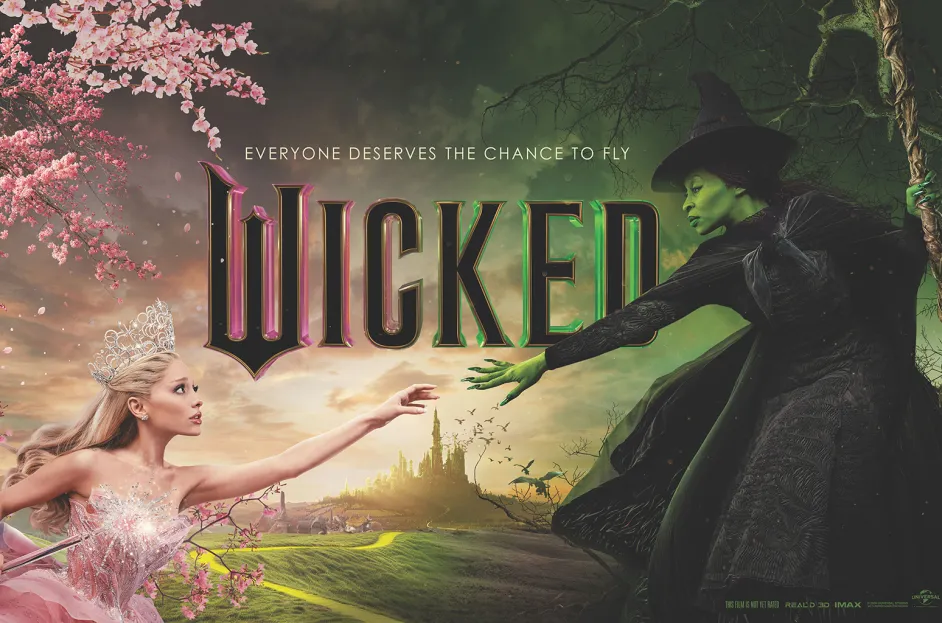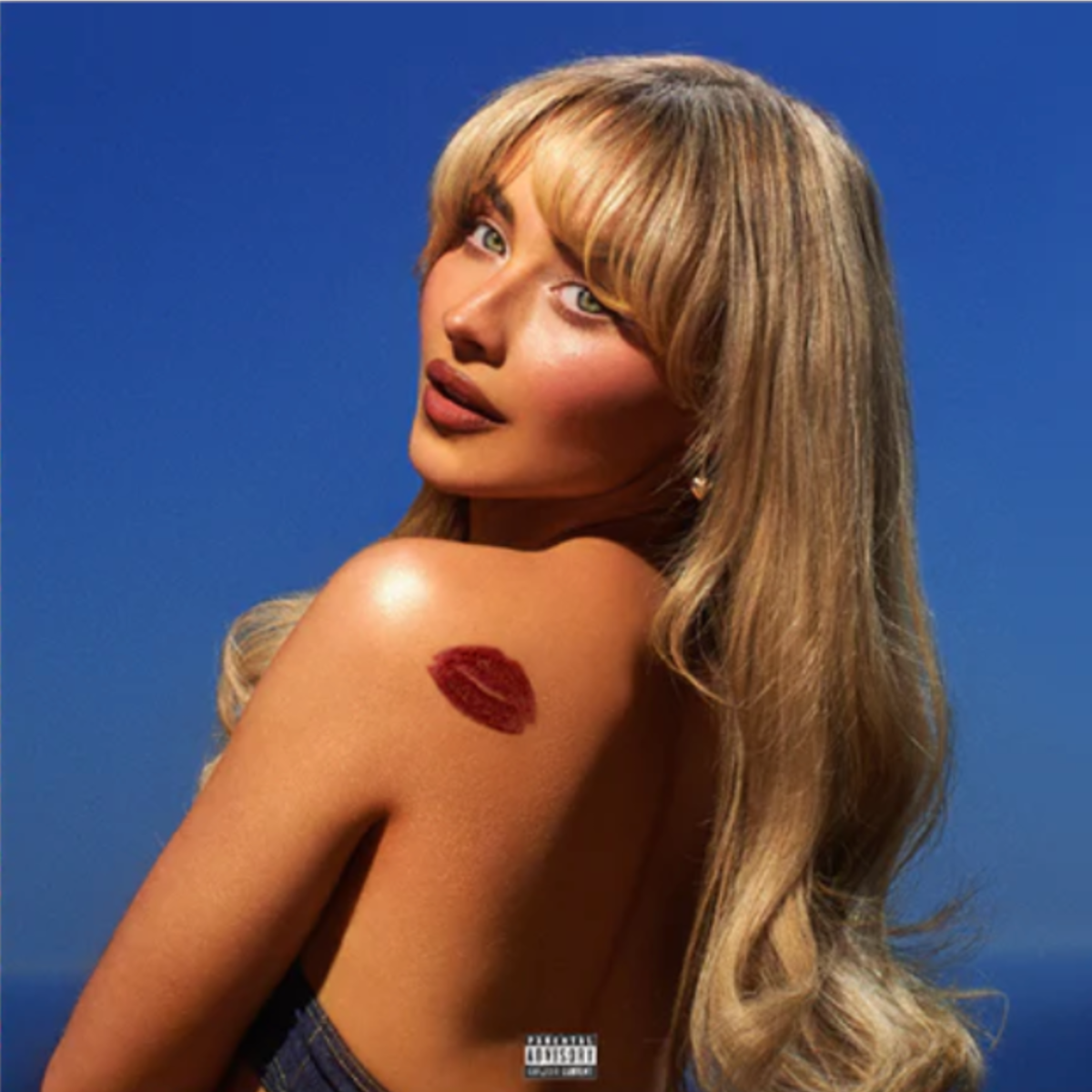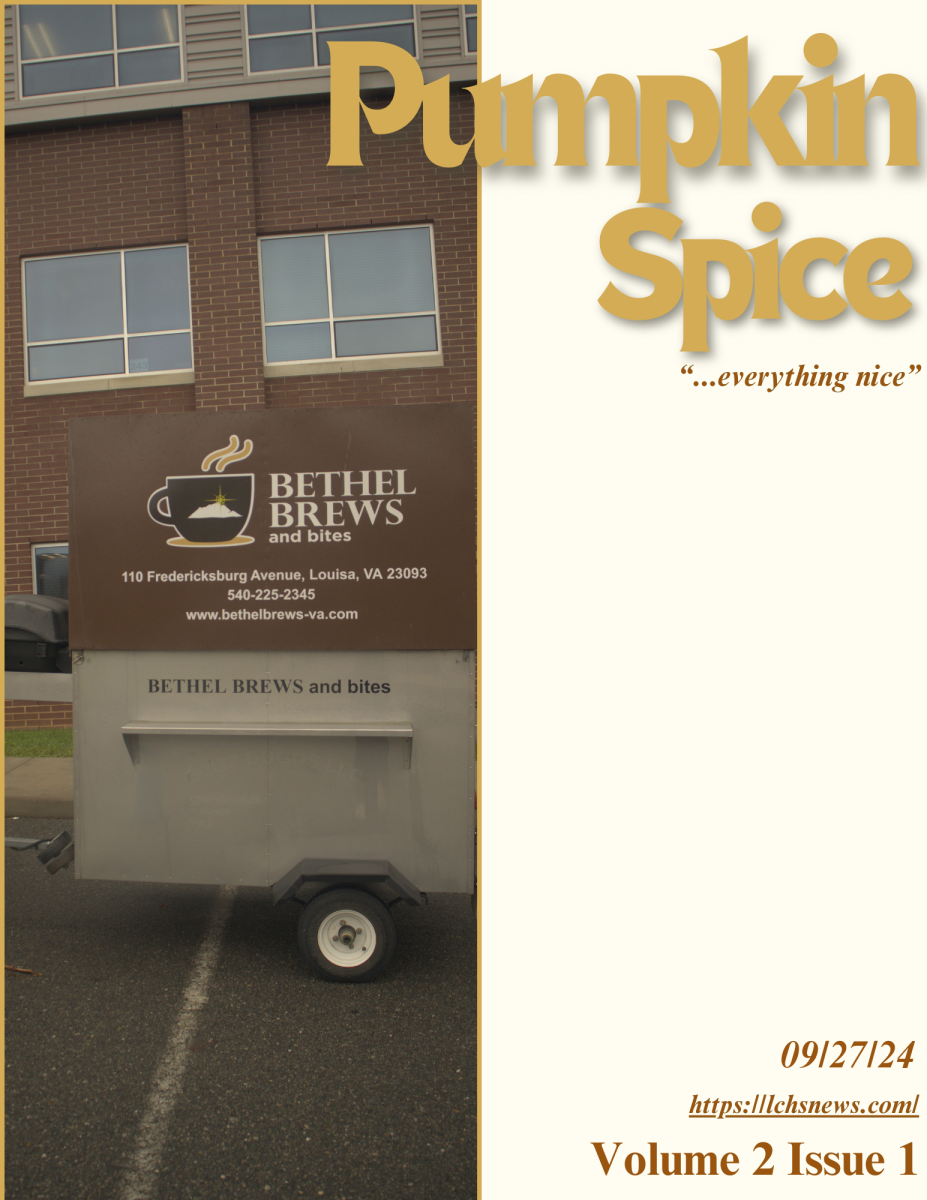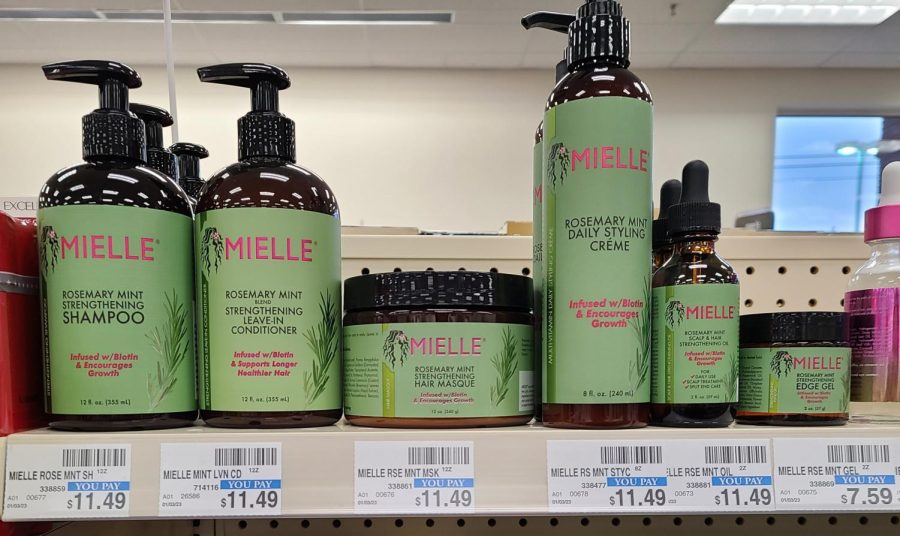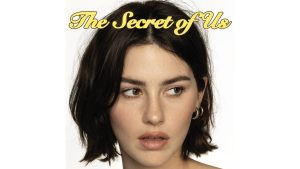Cultural Appropriation is Appropriate
This photo shows Mielle’s collection of Rosemary Mint Scalp & Hair Strengthening products and their prices as listed in our local CVS.
March 7, 2023
On behalf of this year’s Black History Month celebration and the fairly recent viral uproar about Mielle oil, the silence should be broken with more discussion about cultural appropriation.
As described by Cambridge Dictionary, “cultural appropriation is the act of taking or using things from a culture that is not your own, especially without showing that you understand or respect this culture.”
To start, a lot of people aren’t familiar with the fact that there are different hair textures. Hair textures can range from soft, thin, and similar to a baby’s hair to coarse, thick, and similar to the artificial hair of a baby doll. With this being said, different hair textures require different people to use different hair products. Not everything someone else uses on their hair will have the same effect on the hair of diverse people.
Recently, the Mielle oil customers have gone wild for is the Rosemary Mint Scalp & Hair Strengthening Oil. According to Mielle’s website, this oil is “infused with biotin and encourages growth.” It is also currently their best seller which has resulted in issues with inventory.
This specific hair oil produced by Mielle is not marketed towards any specific group of people, though there has been an excessive amount of conflict regarding different groups using it. These issues primarily started on the well-liked app, Tik Tok, when people of color with coarse hair textures were proclaiming how amazing the Rosemary Mint Scalp & Hair Strengthening Oil Mielle product was and how well it worked. Shortly thereafter, people outside of the colored community with thinner hair wanted to give these products a try. This was acceptable until their actions became disrespectful and degrading.
It has been seen via Tik Tok that people who don’t normally use oil on their hair are buying and using Mielle. They, then, complain about it being too oily, wash it out, and water it down. This has caused problems between groups with opposing hair types because it significantly increases the demand for this product. With the high demand of this product, it leaves people with hair types who need it most scared of the product’s formula changing, the price going up on this oil, and the stock being low.
It is perfectly acceptable to want more information about how these products work. It is okay to test out these hair products and learn more about how it affects your specific hair type. It is not okay to continue blatantly using this product knowing that it is not helping you to achieve the results you want on your hair type. As media has become more prevalent among younger generations, it is expected that people will use these platforms to review various products. What isn’t expected is reviews that can be perceived as slanderous or potentially harmful to others.
The majority of people with coarse-textured hair aren’t mad that others want to try the Mielle oil, and they aren’t asking any specific group to stop using the oil altogether. They are simply just asking that everyone be mindful. Just because something doesn’t work for one person does not give them the right to publicly depreciate the product. It doesn’t entitle them to question why others choose to use the product.
Overall, we just need to remember to treat others with kindness. As humans, trial and error is welcome, for it is how we grow, evolve, and improve. We need to always remember to be respectful and put into the world what we want to receive. It is vital that we make sure to treat other cultures and beliefs that we may not know much about appropriately.




